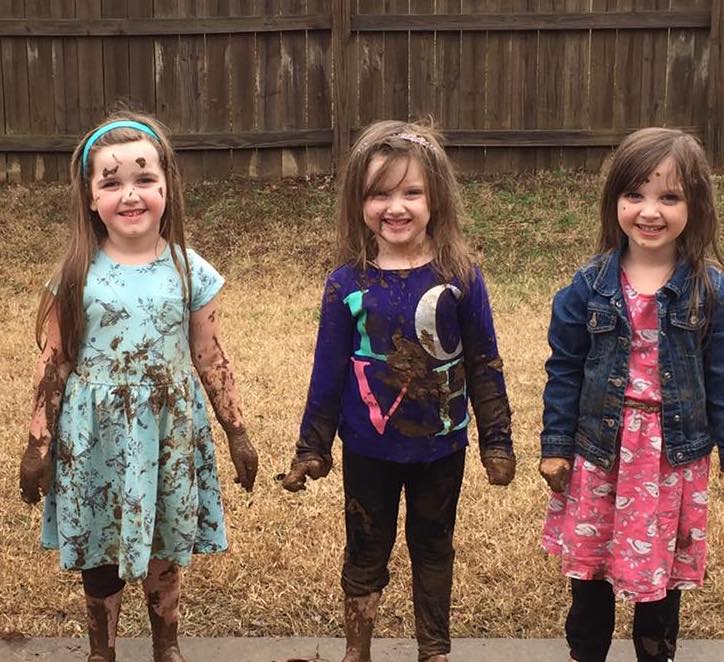
Congratulations! You’ve decided to homeschool. You’ve silenced any nagging doubts (or at least pushed them aside for the year) and accepted responsibility for your child’s education. Now as you look into your little one’s eyes, you realize that you have no idea how, exactly, to do this homeschooling thing. Do you buy a desk and hang alphabet posters on the wall? Do you ring a bell for the Pledge of Allegiance at 8:00, recess at 10:00, and lunch at noon? Just what is your kindergartener supposed to be learning anyway?
Early Isn’t Better
First, it’s good to remember that compulsory education in the state of Tennessee does not begin until age 6. Formal schooling simply isn’t required before then, and honestly, sometimes beginning lessons early does more harm than good. When homeschooling, your child is free from the artificial comparisons and standards imposed on students attending brick-and-mortar schools. His growth is measured against himself only, and his pace is set by his own eagerness and abilities. There is no need to begin lessons with any attempts to mimic kindergarten classrooms you’ve seen elsewhere.
Kindergarten, as the year before first grade, is intended to be a season of preparation for the new student. It’s a time to get your child ready for the work of his education. Any thoughtful, experienced homeschooler will tell you that the skill of attention is better preparation for lessons than learning to read early. Quick, cheerful obedience will help your child to advance far more than memorizing a slew of math facts at age five. Education is a lifelong pursuit, and so a preparation for this endeavor must reach deeper than how to hold a pencil or a pair of scissors. Remember to keep your end in mind even as you embark on the very beginning of your journey.
A brilliant British educator at the turn of the twentieth century said it best: “The question is not, — how much does the youth know? when he has finished his education — but how much does he care? and about how many orders of things does he care? In fact, how large is the room in which he finds his feet set? and, therefore, how full is the life he has before him?”
So What Do You Actually Do?
If education is not merely the accumulation of facts, but the love of truth and knowledge, then preparation for the work of education will focus on setting the child’s feet into that “large room” and expanding his natural eagerness to learn. Here are some ways to prepare your kindergartener for lessons:
- Read worthy books filled with rich language and beautiful pictures. Read them over and over again. Read fairy tales and fables and Bible stories.
- Listen to lovely music. Sing folk songs and hymns.
- Set a firm foundation for science by observing the natural world. All of science is based on observations; let your child learn to see and to give words to what he notices.
- Read so much poetry! Delight in the wonder of meter and rhyme and well-turned phrases.
- Spend hours and hours outside. Play outside. Have picnics outside. Take naps outside.
- Build attention and obedience and perseverance in your child. These qualities will serve him his whole life and will make formal lessons a pleasure and not a battle.
- Involve him in daily chores. Garden together.
- Help him build relationships with both children and adults. Let him learn early the satisfaction of bringing joy to the elderly with his kind attention.
Education is not about how much a child knows. It is truly about how much the child cares. Let your preparation reflect that by embracing the wonder with which all children are born.
A Final Note
Lastly, the very most important work you can do as you prepare to homeschool is to use this time to educate yourself. What is education? How do children learn? What are the qualities that make an effective teacher? Are there helpful habits you can begin now that will make you more ready for school? I’ll mention again my favorite book recommendation for new homeschoolers: For the Children’s Sake by Susan Schaeffer MacAulay. It’s a wonderful place to start. And as always, you can reach out to Legacy to get connected with someone who can help to answer your questions.




Leave a Reply